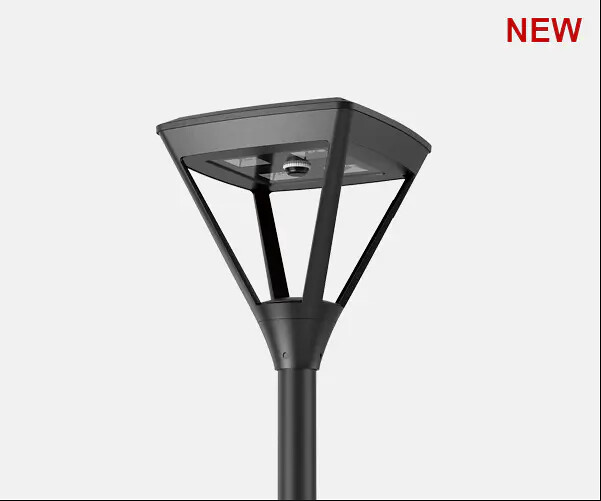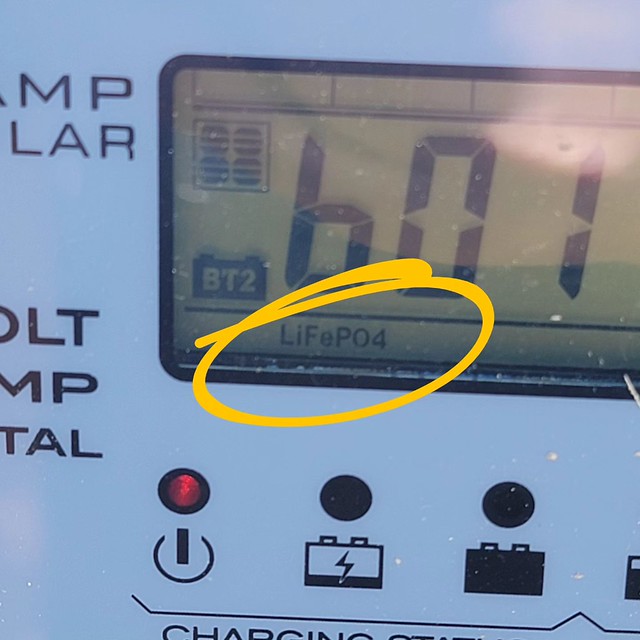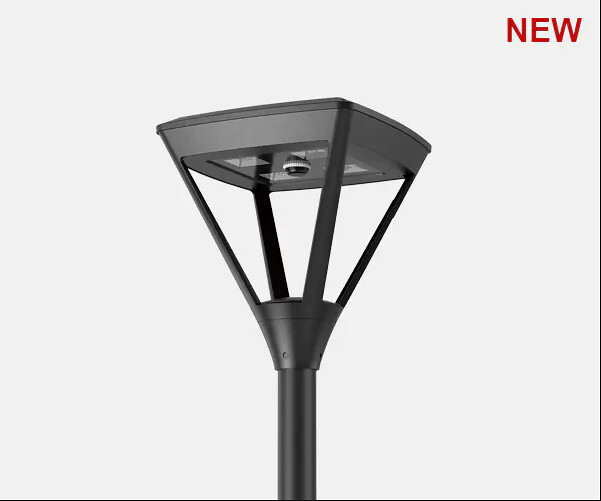Lithium Batteries for Solar Panels: A Comprehensive Guide
Lithium Batteries for Solar Panels: A Comprehensive Guide
Intr lithium batteries for solar panels vendors oduction:
With the growing popularity of solar panels in powering homes and businesses, the demand for efficient energy storage solutions has increased. Lithium batteries have emerged as a reliable choice to store excess solar power. This article explores the manufacturing process, characteristics, advantages, usage methods, tips for selecting these batteries, and concludes with key takeaways.
Manufacturing Process:
Lithium batteries for solar panels are typically known as Li-ion batteries or lithium iron phosphate (LiFePO4) batteries. The manufac

turing process involves several steps. First, raw materials like lithium carbonate and cobalt oxide are mixed together to form positive electrode material. Simu Solar panel lithium batteries ltaneously, graphite is used to create a negative electrode material. These electrodes are then coated with a conductive substance before being assembled in a cell casing filled with an electrolyte solution composed of lithium salt dissolved in organic solvent.
Characteristics:
1. Energy Density: Lithium batteries have high energy density levels compared to other battery types.
2. Cycle Life: These batteries can withstand hundreds or even thousands of charge-discharge cycles without significant capaci Solar power system lithium batteries ty loss.
3. Self-Discharge Rate: Lithium batteries have a lower self-discharge rate than traditional rechargeable battery types.
4. Efficiency: They offer high charging and discharging efficiency when used in conjunction with solar panel systems.
Advantages:
1.Fast Cha lithium batteries for solar panels rging Speeds: Lithium batteries can be charged quickly using compatible chargers designed specifically for them.
2.Environmentally Friendly: Compared to other lead-acid or nickel-cadmium-based alternatives, lithium-ion battery t

echnology is more environmentally friendly due to its lack of toxic heavy metals.
3.Lightweight and Compact Design: Their compact size makes installation easier while also maximizing available space wit Li-ion batteries for solar panels hin residential or commercial setups.
4.Safe Operation:Lithium ion has excellent safety ratings thanks largely because built-in protection circuitry prevents overcharging or extreme temperatures.
Usage Methods:
Lithium batteries for solar panels can be easily integrated into both off-grid and grid-tie solar power systems. Off-grid installations use these batteries to store excess energy generated during the day for later use when sunlight is scarce. Grid-tie setups, on the other hand, enable users to sell excess electricity back to utility com lithium batteries for solar panels panies.
How to Select Lithium Batteries for Solar Panels:
1.Capacity: Determine your power storage needs by calculating the amount of energy your panel system generates daily.
2.Volt Wall – Mounted Lithium Battery age: Ensure that the battery’s voltage matches your solar panel’s output voltage.
3.Warranty: Look for reputable manufacturers who offer extended warranties on their lithium batteries.
4.Safety Features: Prioritize brands that incorporate safety features like overcharge protection and thermal management systems.
Conclusion:
In conclusion,lithium batteries have become an essential component i lithium batteries for solar panels n modern solar power systems. Their efficiency, long life cycle, quick charging speeds,and compact design make them a reliable choice for both residential and commercial applications. Consider factors such as capacity,voltage,warranty,and safety features when selecting lithium ion batteries.Harnessing renewable solar energy with lithium batteries will not only reduce reliance on non-renewable sources but lithium batteries for solar panels wholesale also contribute towards a sustainable future powered by clean energy solutions like never before
